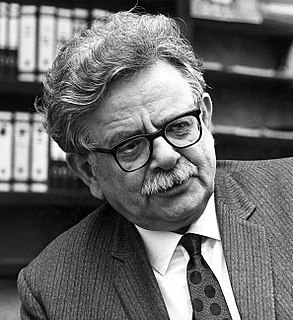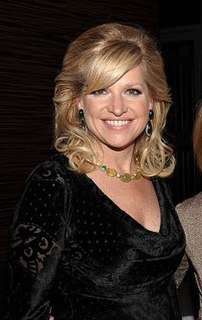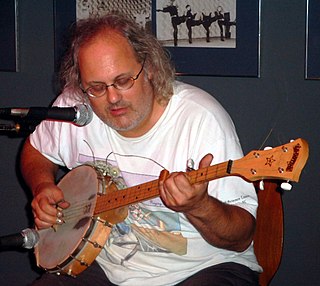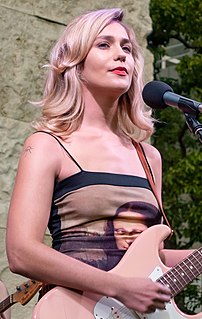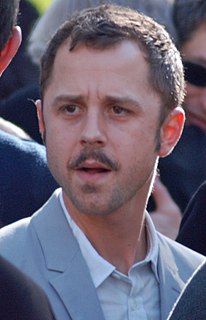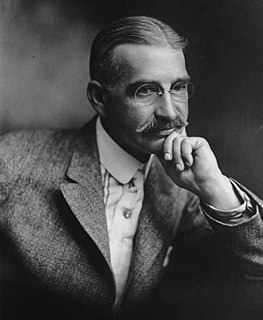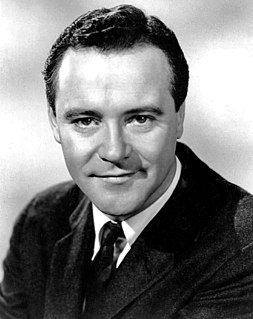A Quote by Eleanor Robson Belmont
We use important words too frequently and they lose value; for instance, charm and great. An actor or musician often is proclaimedgreat when we really mean he is outstanding.
Related Quotes
I have this theory that the more important and intimate the emotion, the fewer words are required to express it. For instance in dating: 'Will you go out with me?' Six words. 'I really care for you.' Five words. 'You matter to me' Four words. 'I love you.' Three words. 'Marry me.' Two words. Well, what's left? What's the one most important and intimate word you can ever say to somebody?
'Goodbye...'
In the founders of great families, titles or attributes of honor are generally correspondent with the virtues of the person to whom they are applied; but in their descendants they are too often the marks rather of grandeur than of merit. The stamp and denomination still continue, but the intrinsic value is frequently lost.
Stage charm guarantees in advance an actor's hold on the audience, it helps him to carry over to large numbers of people his creative purposes. It enhances his roles and his art. Yet it is of utmost importance that he use this precious gift with prudence, wisdom, and modesty. It is a great shame when he does not realize this and goes on to exploit, to play on his ability to charm.
Familiarity with any great thing removes our awe of it. The great general is only terrible to the enemy; the great poet is frequently scolded by his wife; the children of the great statesman clamber about his knees with perfect trust and impunity; the great actor who is called before the curtain by admiring audiences is often waylaid at the stage door by his creditors.
Acting doesn't have anything to do with listening to the words. We never really listen, in general conversation, to what the other person is saying. We listen to what they mean. And what they mean is often quite apart from the words. When you see a scene between two actors that goes really well you can be sure they're not listening to each other - they're feeling what the other person is trying to get at. Know what I mean?


